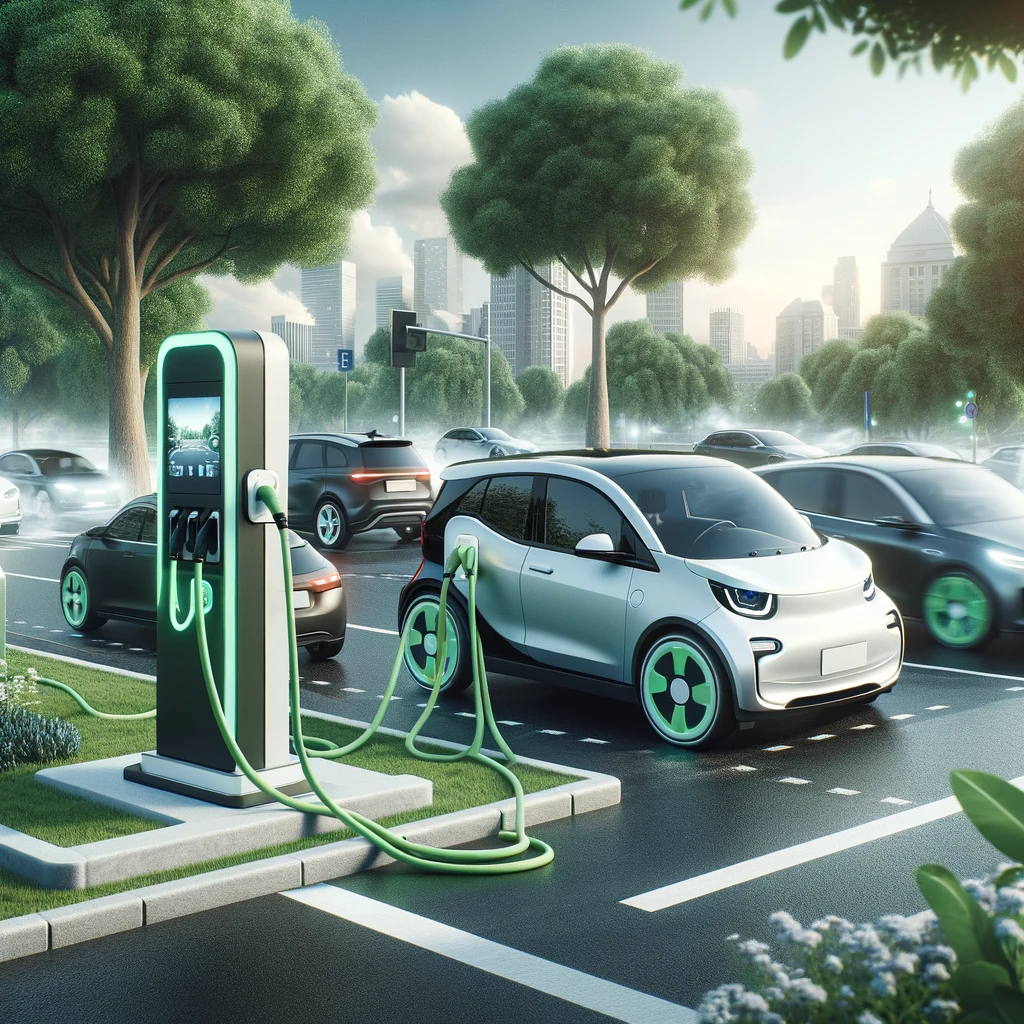Electric cars are rapidly gaining popularity as a sustainable alternative to traditional internal combustion engine vehicles. This shift is driven by environmental concerns, technological advancements, and government incentives. However, the transition to electric mobility faces several challenges that need to be addressed.
Environmental Impact
Reduced Emissions
One of the primary benefits of electric cars is their potential to reduce greenhouse gas emissions. Unlike gasoline or diesel vehicles, electric cars produce zero tailpipe emissions, which significantly lowers their carbon footprint. This is particularly important in urban areas, where air pollution from vehicle emissions is a major health concern.
Energy Efficiency
Electric vehicles (EVs) are more energy-efficient than their fossil-fuel counterparts. They convert over 77% of the electrical energy from the grid to power at the wheels, compared to conventional gasoline vehicles, which only convert about 12-30% of the energy stored in gasoline. This efficiency translates into less energy consumption and lower overall emissions.
Renewable Energy Integration
The environmental benefits of electric cars are further enhanced when they are charged using renewable energy sources such as solar or wind power. As the grid becomes greener, the overall environmental impact of electric vehicles will continue to decrease.

Challenges and Obstacles
Charging Infrastructure
One of the significant barriers to the widespread adoption of electric cars is the lack of sufficient charging infrastructure. While the number of charging stations is increasing, many regions still lack the necessary infrastructure to support a large number of EVs. This can lead to range anxiety, where drivers are concerned about running out of power before reaching a charging station.
Battery Technology
Although battery technology has improved significantly, challenges remain. Current batteries are expensive, have limited ranges, and take longer to charge compared to refueling a conventional car. Researchers are working on developing more efficient, affordable, and faster-charging batteries to address these issues.
Initial Cost
The initial cost of electric vehicles is typically higher than that of traditional cars. Although the total cost of ownership is often lower due to reduced fuel and maintenance costs, the upfront expense can be a barrier for many consumers. Government incentives and subsidies play a crucial role in making EVs more accessible.
Environmental Impact of Production
While electric cars offer significant environmental benefits during their use, the production process, particularly the manufacturing of batteries, has a considerable environmental footprint. Mining for lithium, cobalt, and other materials used in batteries can lead to environmental degradation and human rights concerns. Sustainable sourcing and recycling of battery materials are essential to mitigating these impacts.